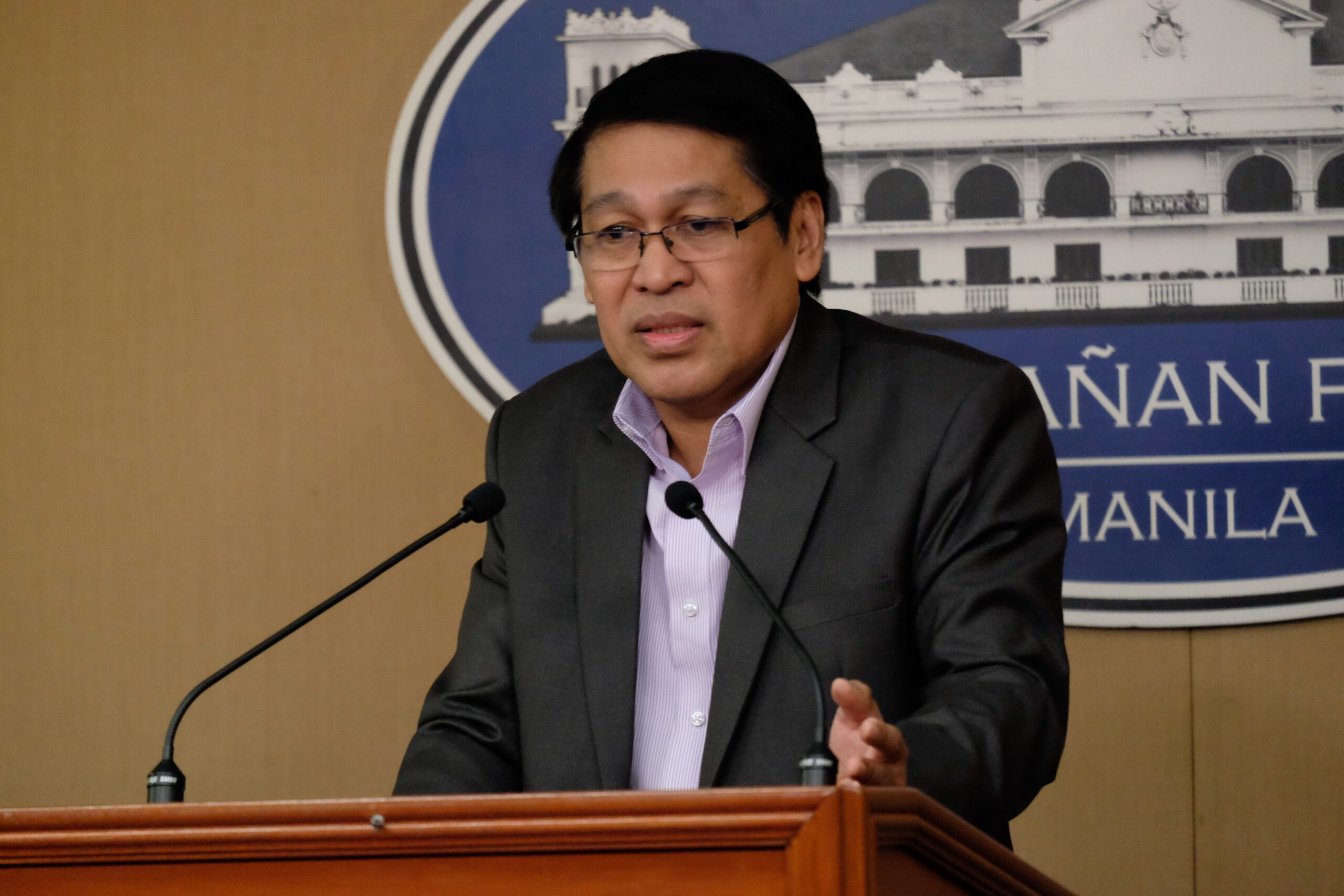SUMMARY
This is AI generated summarization, which may have errors. For context, always refer to the full article.

MANILA, Philippines – The anti-graft court Sandiganbayan junked one of the two graft charges against Julito Vitriolo, the dismissed executive director of the Commission on Higher Education (CHED).
Vitriolo’s graft cases stemming from the irregular diploma program at the Pamantasan ng Lungsod ng Maynila (PLM) was the same reason why the Office of the Ombudsman dismissed him from service in January. His dismissal was based on his guilt on administrative charges of grave misconduct, gross neglect of duty among others.
The criminal charges of graft prospered in the Sandiganbayan, which reduced the cases to only 1 count after granting Vitriolo’s appeal.
There is a power struggle inside CHED after the Court of Appeals (CA) overturned his dismissal and reinstated Vitriolo as executive director. Other officials led by chairperson Patricia Licuanan do not recognize his reinstatement.
Graft charges
Vitriolo’s 2 counts of graft charges are for violating sections 3(a) and 3(e) of the anti-graft law.
Section 3(a) prohibits public officials from persuading, inducing or influencing another official to commit violations, while section 3(e) penalizes officials who cause undue injury to the government or giving any party unwarranted benefits.
The case against Vitriolo is for failing to stop the diploma mill program between PLM and the National College of Physical Education (NCPE). The agreement was suspended in 2008 after irregularities were found such as non-approval by PLM’s board of regents and skirting bidding rules.
But in 2010, Vitriolo allowed the release of the transcript of records of the diploma graduates. Ombudsman Conchita Carpio Morales said in her dismissal order against Vitriolo that public funds were wasted, as well as students’ fees for “for an education that was worthless in the eyes of the law.”
Sandiganbayan First Division dismissed the section 3(a) graft case against Vitriolo because according to the court, there is no evidence that he benefited from it.
Remuneration and consideration
“There must also be testimonial or documentary evidence showing that there was remuneration of consideration,” said the court’s resolution penned by Associate Justice Geraldine Faith Econg, with concurrences from Associate Justices Efren dela Cruz and Edgardo Caldona.
Section 3(a) however does not mention of remuneration or consideration, its definition under the anti-graft law is:
Persuading, inducing or influencing another public officer to perform an act constituting a violation of rules and regulations duly promulgated by competent authority or an offense in connection with the official duties of the latter, or allowing himself to be persuaded, induced, or influenced to commit such violation or offense.
The court instead cited a Supreme Court (SC) decision in 2006 which cited Senate deliberations in 1960 on the anti-graft law. In the said deliberations, former senator Arturo Tolentino – author of the law – said it is not considered graft if there is no ‘consideration or remuneration.’ He was being interpellated then by former senator Ferdinand Marcos.
The deliberations took place on July 13, 1960, and the law was approved a month later, in August 1960.
The Sandiganbayan said there is enough basis to continue with the proceedings against Vitriolo for violating section 3(e). The court also denied Vitriolo’s motion to dismiss his cases based on inordinate delay. – Rappler.com
Add a comment
How does this make you feel?
There are no comments yet. Add your comment to start the conversation.